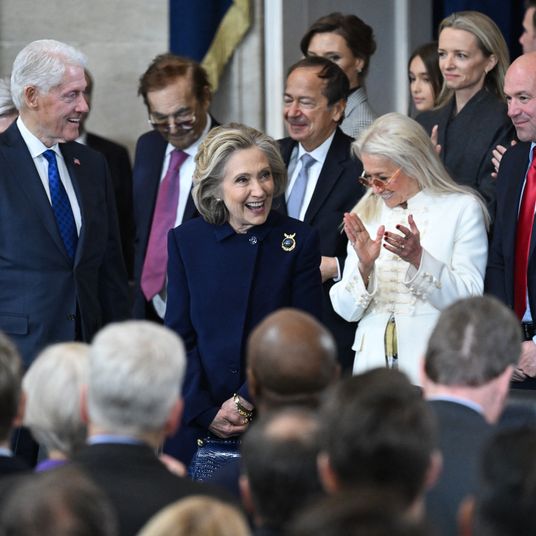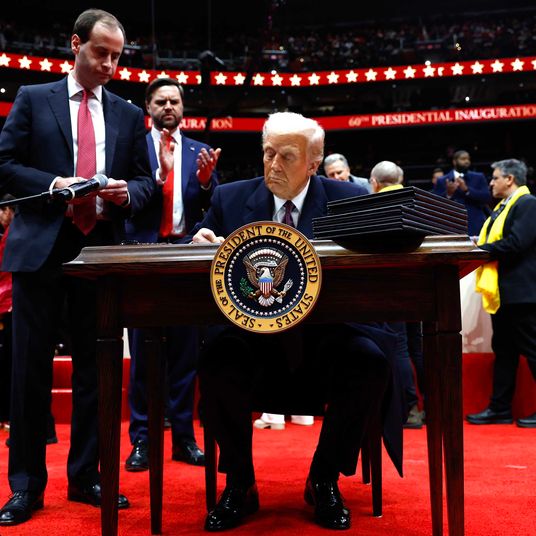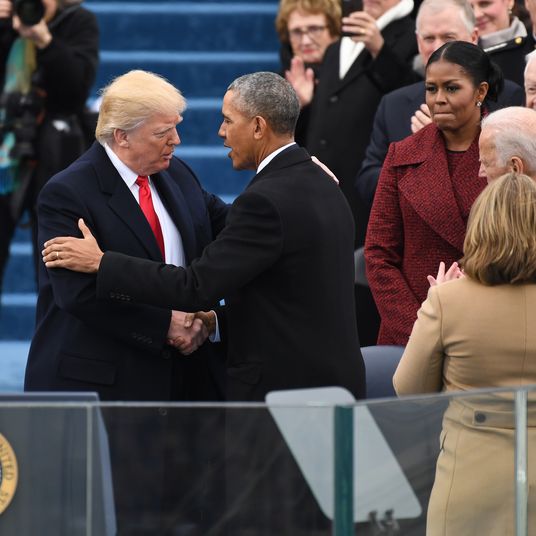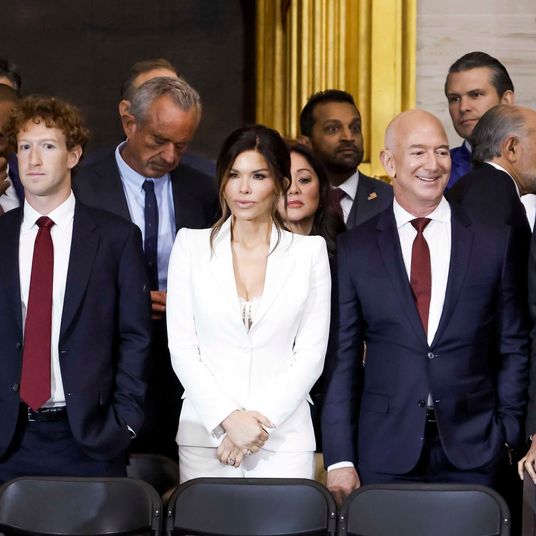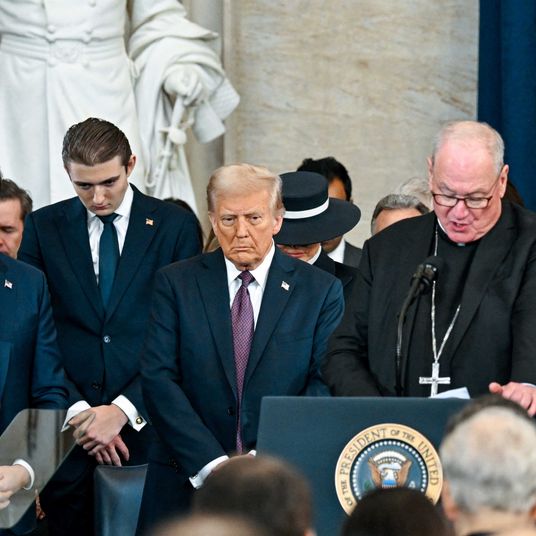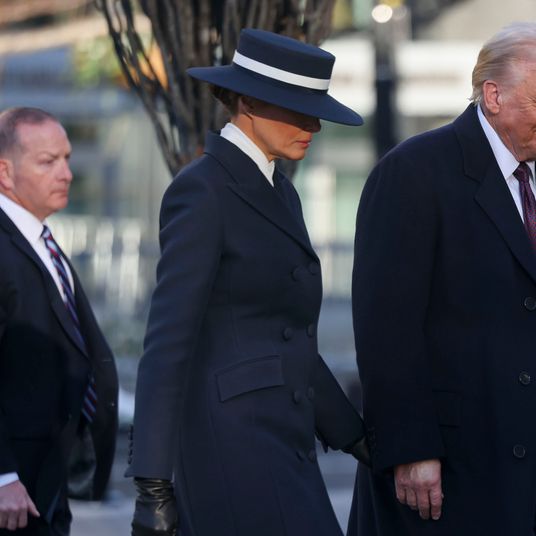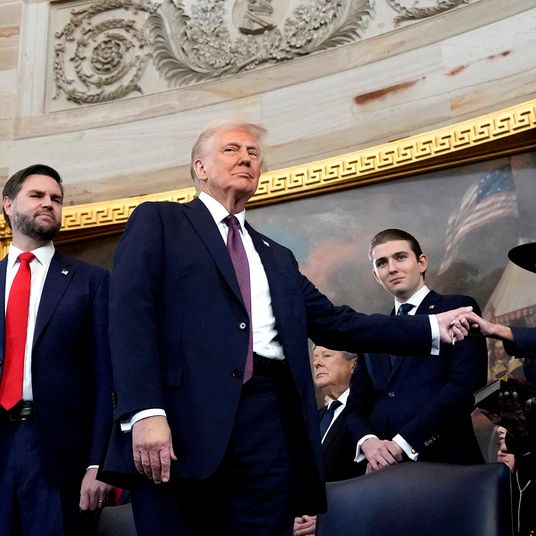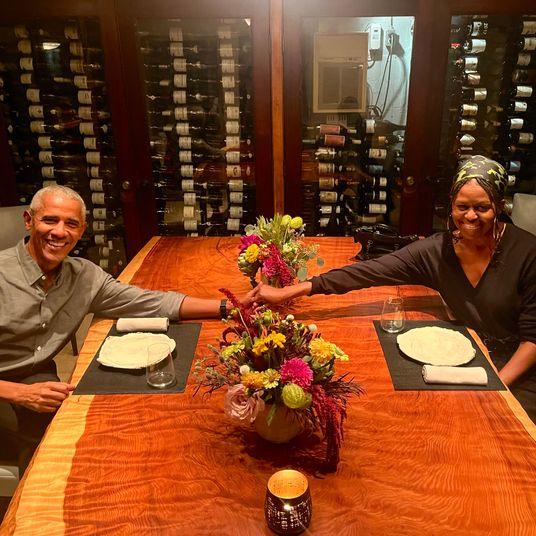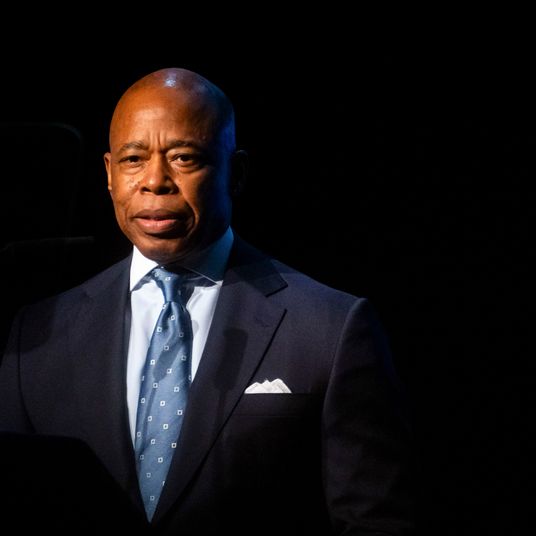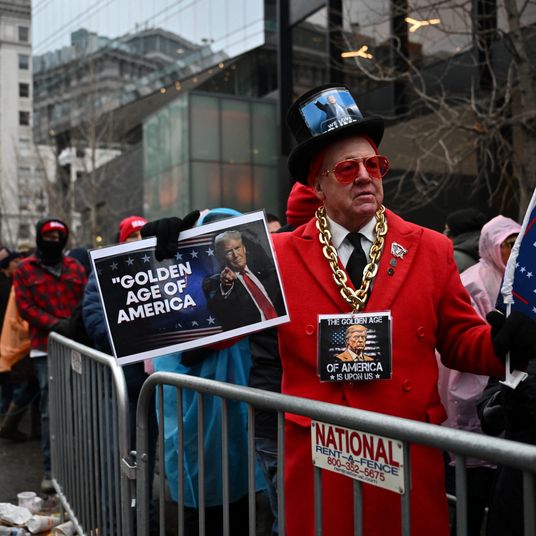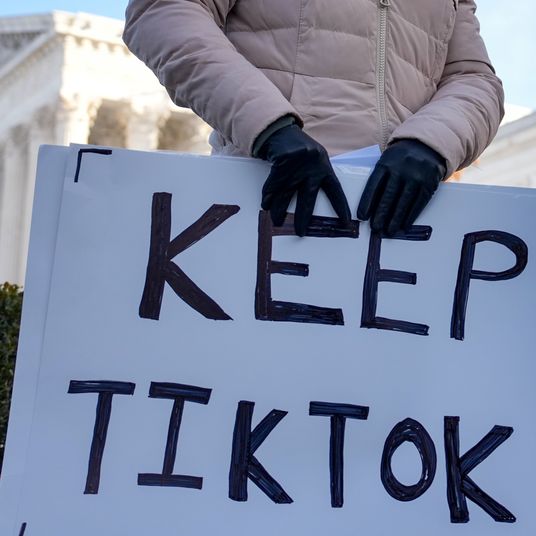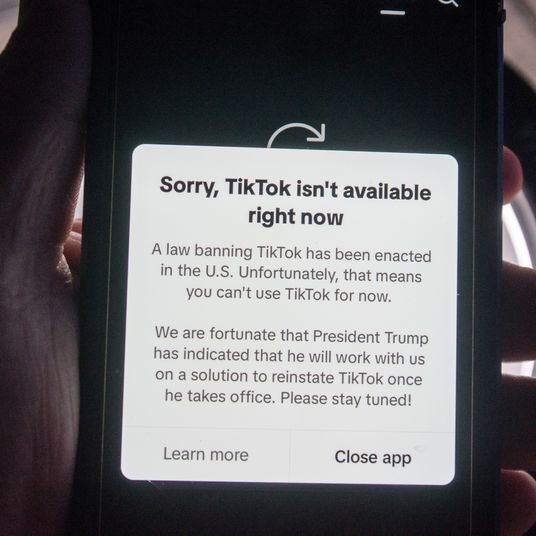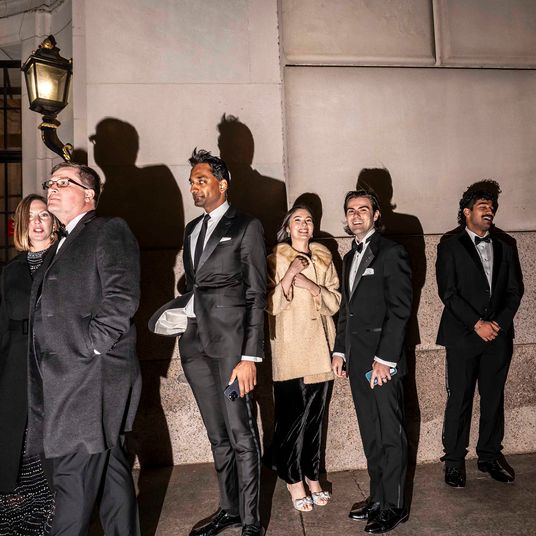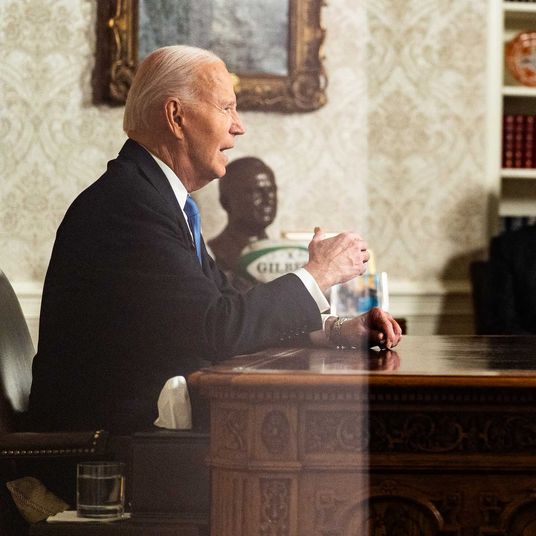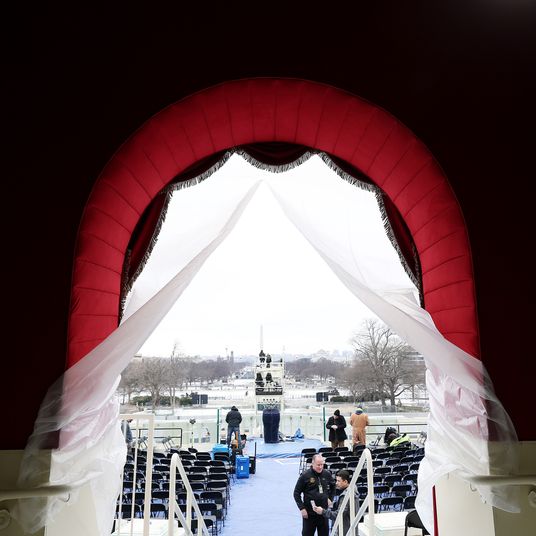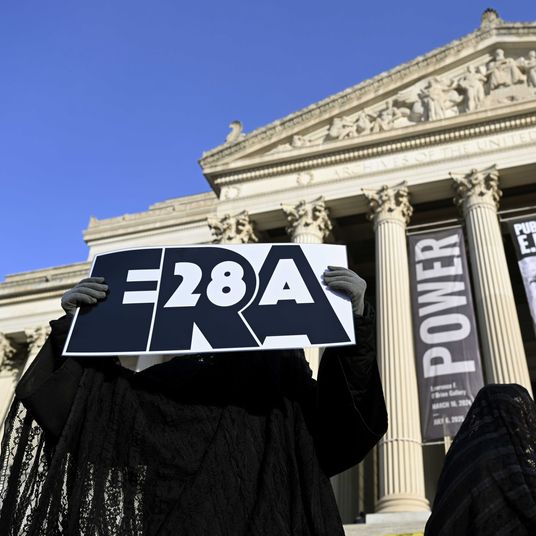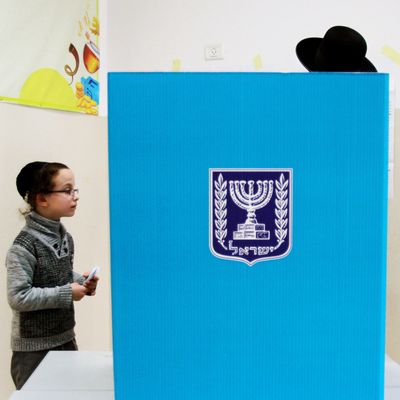
Polls close at 4 p.m. EST in Israel, and everyone is wondering what the final turnout numbers will be — and what percentage of those voters will be Arab-Israeli.
Joint List — a coalition of four Arab parties — looks like it might come in third, behind the Zionist Union and Likud, Prime Minister Benjamin Netanyahu’s party. Although an Arab-Israeli party has never joined a governing coalition in the Knesset, their support could help Zionist Union’s Isaac Herzog become prime minister.
Netanyahu released a video statement showing that he was willing to court scorn if it could prevent this outcome. “The rule of the right is in danger,” the prime minister, who yesterday said he no longer supported a two-state solution, said. “Arab voters are coming in droves to the ballot boxes. Left-wing NGOs are bringing them in buses.”
Hadash — one of the parties that makes up Joint List — responded with a Game of Thrones–themed tweet.
Knesset member Ahmad Tibi said that Netanyahu “is inciting against Arab voters who are taking advantage of their natural and democratic right as citizens,” he said. “Netanyahu and Likud are afraid, and therefore, I call on more and more of the Arab public to go to the polls so Netanyahu will continue panicking. Change is coming.”
Arab citizens make up 20 percent of Israel’s population, although they have never voted at the same high rates as Jewish residents. Among the Knesset’s 120 members, there are 13 Arab-Israelis. In 2013, 56 percent of Arab-Israelis voted. Overall, nearly 68 percent of voters turned out for that election. By 11:30 a.m. local time today, however, about 10 percent of Arab-Israelis had voted, according to Joint List. That number was 3 percent two years ago.
36-year-old Maron Jiries, who voted for the first time on Tuesday, told Haaretz that he hadn’t cast a ballot before because “How do I put this nicely? There was no change, and no point.”
Election Day is a national holiday in Israel, and 6 million people are eligible to vote. With four hours left, nearly 55 percent of the public had already cast a ballot. Although the Zionist Union was shown to be ahead by four seats in the last poll, around 15 percent of voters were still undecided at the end of last week. There are 25 total parties to choose from on the ballot, and not everyone is going with the top three. Reuben Beiser, co-owner of a bar hoping for Election Day and St. Patrick’s Day foot traffic, told the National Post that he was voting for a party pushing for marijuana legalization. “It is a legitimate cause during illegitimate elections,” he said.
The votes will be counted throughout the night, but expect Israeli news outlets to obsess over exit polls as much as their counterparts here. The Zionist Union or Likud will have 42 days to try to cobble together a coalition, however, so it might be May until we see what government could result from today’s tallies.





